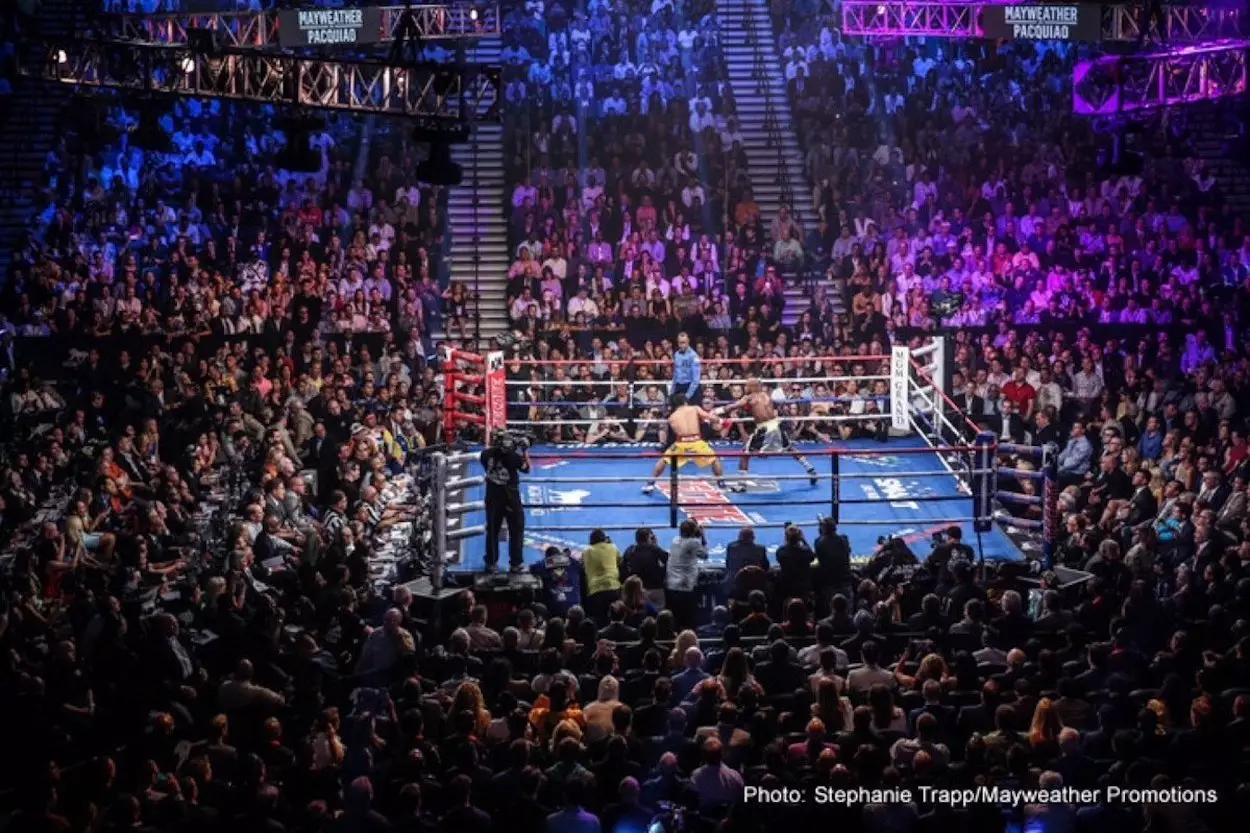In a world where the integrity of sports often comes under scrutiny, the boxing match on December 26th in Bangkok has shone a harsh spotlight on judging standards and the implications of home advantage. The bout for the vacant WBC 108-pound title between Panya Pradabsri, affectionately known as Petchmanee CP Freshmart, and Carlos Canizales has sparked an uproar among fans and experts alike. The outcome—a majority decision favoring Pradabsri—has raised fundamental questions about the objectivity of judging in boxing and the duty of boxing organizations to ensure fair outcomes.
The match itself was a gripping contest, characterized by Canizales’ relentless aggressiveness and technical prowess. He consistently found openings in Pradabsri’s defense, landing punches that visibly damaged the hometown fighter. This aggressive display, coupled with numerous moments where Canizales appeared to gain a distinct upper hand, made the judges’ decision all the more confounding. The scores—116-112 and 115-113 in favor of Pradabsri, with one judge scoring it a draw—suggested a disconnect between the judges and the flow of the fight. In any sport, the performance should dictate the outcome, and in this case, Canizales’ contributions were markedly overshadowed by an apparent bias towards the local fighter.
The Aftermath: Reactions and Implications
The initial uproar following the decision culminated in widespread dissatisfaction among boxing enthusiasts. Even the home crowd in Bangkok, expected to support their champion, expressed their disapproval through boos—a rarity in such scenarios. Mauricio Sulaiman, president of the WBC, promptly addressed the outcry, indicating that he would initiate a review of the judges’ performances, which shows a rare acknowledgment of the errors that can plague the sport. Additionally, the announcement of a rematch underscores the importance of accountability and corrective measures in boxing. However, this rematch is rendered a double-edged sword; while it signifies progress, it also raises concern over whether fights held in local territory will continually be marred by biased scoring.
Sulaiman’s decision to order a rematch between Canizales and Pradabsri has stirred optimism amongst fans advocating for fair play in boxing. The stakes are undeniably high for both fighters, but the conditions under which the rematch occurs remain paramount. Should it take place in a neutral venue—one free from local favoritism—there is a stronger chance that the judges’ scoring will reflect the reality of the fight, leading to an outcome that truly reflects the fighters’ efforts. If Canizales can replicate his previous performance against Pradabsri, with unflinching support from neutral judges, he may finally secure the victory he rightfully deserves.
The Boxing Day bout will be remembered not only for its thrilling action but also for igniting crucial conversations about judging practices in sports. While the prompt reaction from the WBC indicates a commitment to fostering integrity within boxing, the true test lies in ensuring such controversies do not recur. The upcoming rematch presents both a challenge and an opportunity—to right previous wrongs and reaffirm the sport’s commitment to fairness. The boxing community will be watching, and it is imperative that its lessons are learned.

